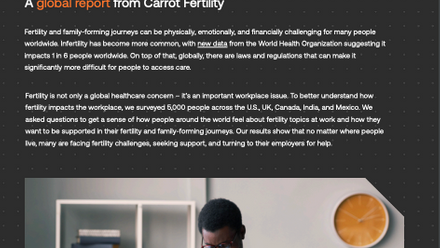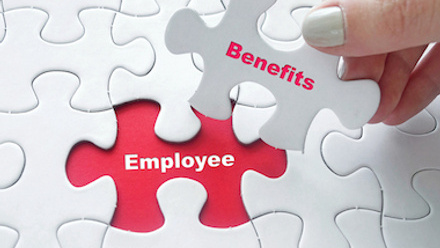How to overcome the challenges of buying global medical insurance

Tristan Cleaver, managing consultant international at Punter Southall Health and Protection, who led the session on buying global benefits, likened the global medical insurance market to ‘the wild west’.
Tristan said: “When buying global benefits, employers need to be aware of huge inconsistencies and variations in policies, service levels, pricing and administration and commission fees. There are few rules and rules can change quickly, with little warning.”
What drives up cost?
Policy costs will rise depending on: the age of an employee – the older they are, the more expensive; their location – countries like the USA and UAE attract higher premiums; their occupation – manual workers demand higher premiums than office staff; and benefit design – particularly if the policy includes maternity, dental care and chronic illness.
Tristan explains: “Companies buying insurance can do little to prevent premiums rising because of an employee’s age, their occupation or location, but they can check their policies carefully to see if all the benefits included are required. Do they really need chronic illness cover or optical or dentist care? If not, costs can be significantly reduced.”
He said smaller companies with fewer than 50 employees have the least negotiating power. Insurers generally do not provide any claims data for small schemes, so companies lack insight into how their scheme is performing and what claims are being made. Without this data, it is hard for them to negotiate better deals.
Larger companies can have access to claims data, which can help them better understand their claims experience. They can see if their scheme is profitable to the insurer and if there are high claimants in the scheme. This information can then be used to negotiate better renewal options.
Do your research
However, regardless of size, Tristan recommends that companies ‘shop around’ each year. There are always new market entrants offering attractive deals, which can be evaluated against current deals. Companies should also ask their insurer probing questions about administration fees, commission levels and question any increases in policy renewals to see if they are justified and then negotiate a deal or enlist the help of a broker to do so.
He added: “Commission levels should be scrutinised, as costs can vary from zero to 20 per cent. Rules can also change quickly, for example, Dubai recently introduced a five per cent tax on premiums on health insurance, with little warning. Another area to consider is licensing rules. In the Dubai for example, the licensing rules have changed recently and companies with new employees can now only back date the start date for any new member by seven days, so companies need to add them to the policy immediately.
“Companies must also check whether their insurer is licensed in the country where they have employees – some insurers will work through partners in certain places which can make the claims process more complex.”
The key issues to consider
In terms of insuring expats there are two key options to consider. It may be possible to add employees to a local policy, but risks and medical underwriting issues are likely. These schemes tend to have limits. It is more common to put employees on an expat global policy which covers staff all over the world.
Tristan concluded: “The world of buying global benefits for expats can be complex and challenging – a bit like the wild west. We work closely with companies to help them navigate this market and find the best policies and solutions for their international employees.”
This article was provided by Punter Southall Health & Protection.
In partnership with Punter Southall Health and Protection
We advise, design and create protection, healthcare, wellness and online benefits.







